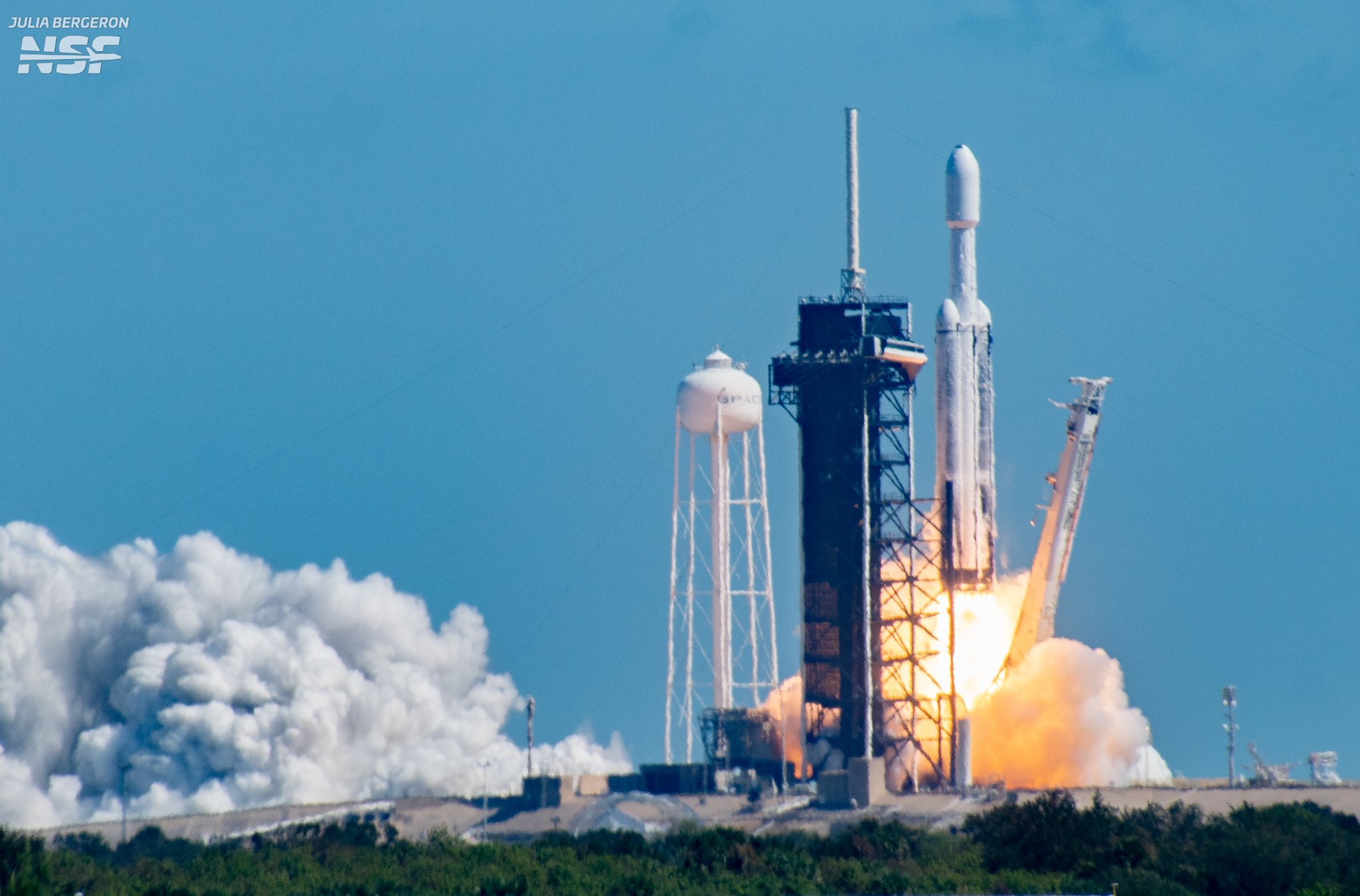A striking new ‘supermodel’ has appeared in the August print edition of Vogue, featuring in a Guess advert for their summer collection. Uniquely, the flawless blonde model is not real, as a small disclaimer reveals she was created using AI.
While Vogue clarifies the AI model’s inclusion was an advertising decision, not editorial, it marks a significant first for the magazine and has ignited widespread controversy.
The development raises serious questions for real models, who have long campaigned for greater diversity, and consumers, particularly young people, are already grappling with unrealistic beauty standards.
Seraphinne Vallora, the company behind the controversial Guess advert, comprises founders Valentina Gonzalez and Andreea Petrescu. They told the BBC that Guess’s co-founder, Paul Marciano, approached them on Instagram to create an AI model for the brand’s summer campaign.
Valentina Gonzalez explained, ‘We created 10 draft models for him and he selected one brunette woman and one blonde that we developed further.’ Petrescu described AI image generation as a complex process, with their five employees taking up to a month to create a finished product, charging clients like Guess up to the low six figures.
However, plus-size model Felicity Hayward, with over a decade in the industry, criticised the use of AI models, stating it ‘feels lazy and cheap’ and worried it could ‘undermine years of work towards more diversity in the industry.’
Hayward believes the fashion industry, which saw strides in inclusivity in the 2010s, has regressed, leading to fewer bookings for diverse models. She warned, ‘The use of AI models is another kick in the teeth that will disproportionately affect plus-size models.’
Gonzalez and Petrescu insist they do not reinforce narrow beauty standards, with Petrescu claiming, ‘We don’t create unattainable looks – the AI model for Guess looks quite realistic.’ They contended, ‘Ultimately, all adverts are created to look perfect and usually have supermodels in, so what we do is no different.’
While admitting their company’s Instagram shows a lack of diversity, Gonzalez explained to the BBC that attempts to post AI images of women with different skin tones did not gain traction, stating, ‘people do not respond to them – we don’t get any traction or likes.’
They also noted that the technology is not yet advanced enough to create plus-size AI women. However, this mirrors a 2024 Dove campaign that highlighted AI bias by showing image generators consistently producing thin, white, blonde women when asked for ‘the most beautiful woman in the world.’
Vanessa Longley, CEO of eating disorder charity Beat, found the advert ‘worrying,’ telling the BBC, ‘If people are exposed to images of unrealistic bodies, it can affect their thoughts about their own body, and poor body image increases the risk of developing an eating disorder.’
The lack of transparent labelling for AI-generated content in the UK is also a concern, despite Guess having a small disclaimer. Sinead Bovell, a former model and now tech entrepreneur, told the BBC that not clearly labelling AI content is ‘exceptionally problematic’ due to ‘AI is already influencing beauty standards.’
Sara Ziff, a former model and founder of Model Alliance, views Guess’s campaign as “less about innovation and more about desperation and need to cut costs,’ advocating for ‘meaningful protections for workers’ in the industry.
Seraphinne Vallora, however, denies replacing models, with Petrescu explaining, ‘We’re offering companies another choice in how they market a product.’
Despite their website claiming cost-efficiency by ‘eliminating the need for expensive set-ups… hiring models,’ they involve real models and photographers in their AI creation process. Vogue’s decision to run the advert has drawn criticism on social media, with Bovell noting the magazine’s influential position, which means they are ‘in some way ruling it as acceptable.’
Looking ahead, Bovell predicts more AI-generated models but not their total dominance, foreseeing a future where individuals might create personal AI avatars to try on clothes and a potential ‘society opting out’ if AI models become too unattainable.
Would you like to learn more about AI, tech and digital diplomacy? If so, ask our Diplo chatbot!










